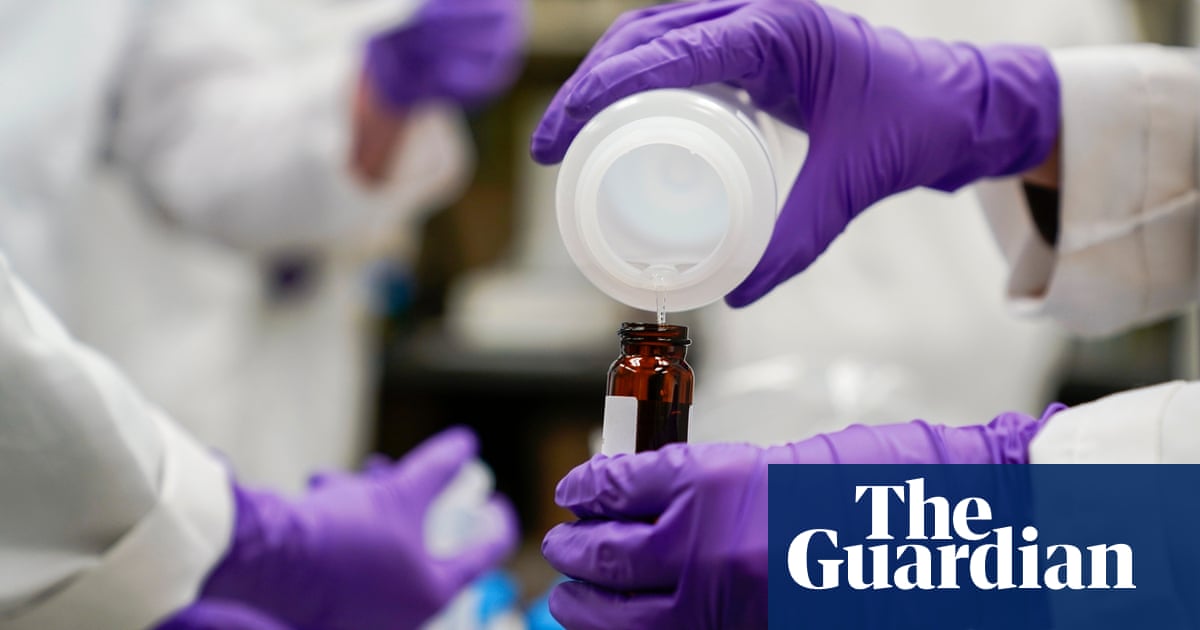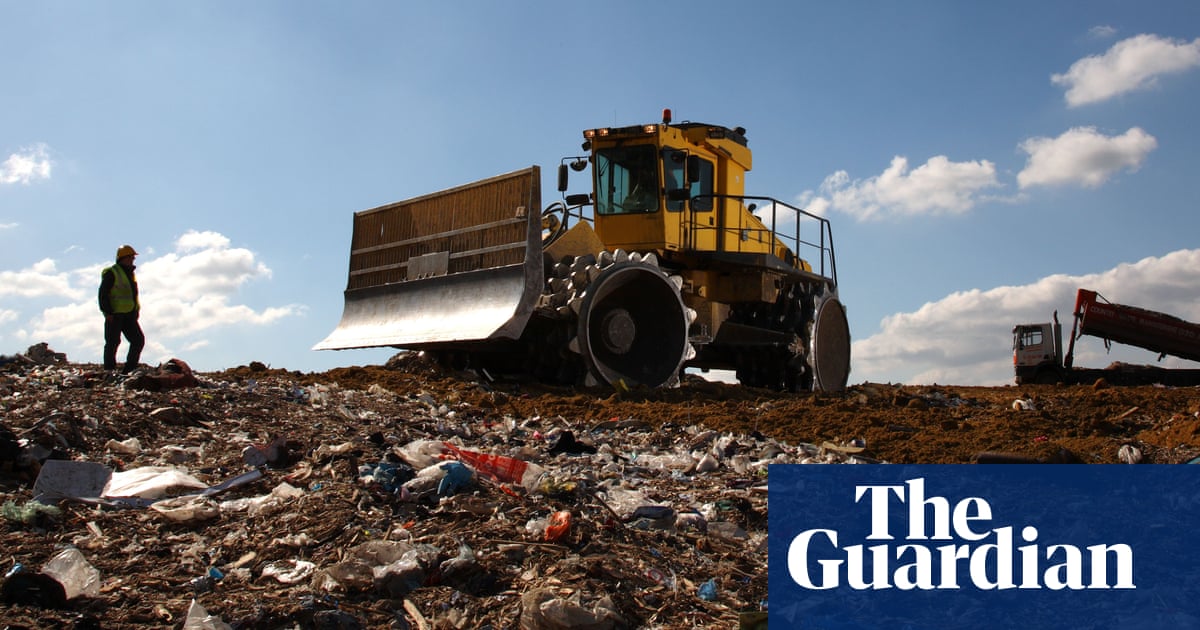
The Biden administration is proposing a ban on TCE, a highly toxic chemical commonly used in stain removers, adhesives and degreasers, and which had been found to be contaminating drinking water on a wide scale across the US.
The move comes after years of mounting scientific evidence showing TCE is “extremely toxic” at low levels of exposure, the Environmental Protection Agency (EPA) wrote in a statement.
“The science is loud and clear on TCE. It is a dangerous toxic chemical and proposing to ban it will protect families, workers and communities,” said the EPA deputy administrator, Janet McCabe.
TCE, or trichloroethylene, is a volatile organic compound that humans are frequently exposed to in a variety of settings, though those who use products with the chemical in an occupational setting are most at risk. It’s also commonly used in carpet cleaning treatments, hoof polishes, brake cleaners, pepper spray and lubricants.
Among other health issues, the chemical is thought to be a carcinogen and a liver toxin, harm male reproduction, cause neurological damage, damage kidneys and cause Parkinson’s disease.
Officials suspect TCE water contamination is behind multiple cancer clusters, and the compound is one a range of chemicals polluting military base drinking water that is suspected of sickening and killing service members at bases across the US. Areas in the US with the highest TCE contamination levels have been designated Superfund sites, which is reserved for the nation’s most polluted locations.
Recent EPA research found that as much as 250m pounds of TCE are still produced in the US annually, and much of that ends up in the water.
Efforts to ban the chemical date back 40 years. The Obama administration proposed strong limits on its use in 2016, but the Trump administration undid those and in effect suspended the process. The Biden administration is going even further than the Obama EPA by proposing an outright ban, a step the agency rarely takes when regulating toxic chemicals.
Public health advocates have pressed for prohibition since the 2016 passage of legislation that expanded the EPA’s authority over toxic chemicals and made it easier to outlaw them. Advocates applauded the Biden administration for taking the step.
“This rule will save countless lives and billions of dollars related to healthcare costs, missed work and environmental cleanup,” said Avonna Starck, Minnesota state director of Clean Water Action.
The EPA follows the lead of New York and Minnesota, which have already banned the chemical, and advocates say the action highlights how state action can pressure the federal government to act on chemical regulation.
The EPA found TCE presents an “unreasonable risk of injury to health or the environment” in 52 of 54 uses in industrial and consumer products, and the agency and public health advocates noted that safer commercially viable alternatives exist.
Still, industry is opposing the rule – the American Chemistry Council wrote in a statement the rule was “inconsistent with the underlying science” and said the EPA’s studies were not “realistic”. It argued that TCE should not be limited in many industrial uses.
The rule’s finalization can take a year or longer, and should Trump win re-election in 2024 before the ban goes into effect, it could be easily reversed. Public health advocates say they will continue pressuring the EPA to quickly follow through with the rule’s implementation.
“EPA followed the science, listened to impacted communities, and proposed one of the strongest chemical regulations in recent history,” Earthjustice’s senior attorney, Jonathan Kalmuss-Katz, said in a statement. “Now it needs to finish the job, bolster protections for fenceline communities during the TCE phaseout period, and promptly finalize this proposal.”












